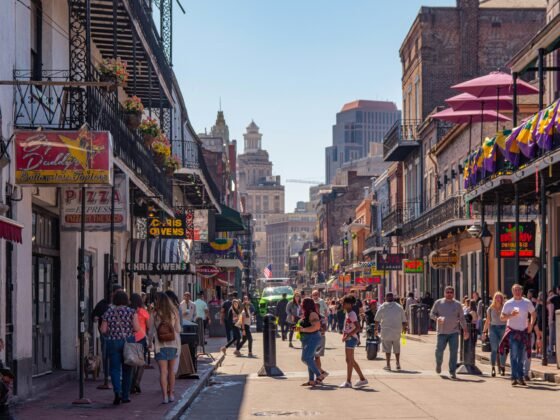Image Source: Pexels
A vaccine passport is a document that includes personal details, health records, and information about your COVID-19 vaccination status. Depending on where you’re traveling to, the way the passport is used will differ. Since the COVID-19 vaccine passport situation changes every day, the nations we discuss in this article may add or remove restrictions for travel or public places.
Americans’ Views About Vaccine Passports
The majority of Americans either support vaccine passports (60.6%) or neutral (11.4) on the idea of needing extra verification.
The 28% opposed to vaccine passports are 3x more likely to be Republicans than Democrats. Although there appears to be an equal split in the vaccine passports debate, those who belong to the anti-vaxxer or passport crowd are a vocal minority.
However, that vocal minority has played a major part in banning vaccine passports or mandatory vaccinations. Vaccinated Americans feel that falsified claims, fake news, and hysteria put herd immunity at risk and prevent life from returning to normal.
Traveling in America: What to Expect
Most US states don’t require vaccine passports as a prerequisite to travel, but several states have banned the concept outright. States like Florida have even implemented laws that fine businesses that ask for vaccine proof. The following charts show the current status of vaccine passports as of writing this. Republican-run states majorly favor banning vaccine passports.
X = Banned N= Not Required Y= Required
| State | x | State | x | State | x | State | x | State | x |
| Alabama | N | Hawaii | Y | Massachusetts | N | New Mexico | N | South Dakota | X |
| Alaska | N | Idaho | X | Michigan | N | New York | Y | Tennessee | N |
| Arizona | X | Illinois | N | Minnesota | N | North Carolina | N | Texas | X |
| Arkansas | X | Indiana | X | Mississippi | N | North Dakota | X | Utah | X |
| California | N | Iowa | X | Missouri | N | Ohio | N | Vermont | N |
| Colorado | N | Kansas | N | Montana | X | Oklahoma | N | Virginia | N |
| Connecticut | N | Kentucky | N | Nebraska | N | Oregon | N | Washington | N |
| Delaware | N | Louisiana | N | Nevada | N | Pennsylvania | N | West Virginia | N |
| Florida | X | Maine | N | New Hampshire | N | Rhode Island | N | Wisconsin | N |
| Georgia | X | Maryland | N | New Jersey | N | South Carolina | X | Wyoming | X |
States that require vaccine passports won’t let travelers travel through or inside the state unless they can prove their vaccination status. US citizens vaccinated on the mainland are allowed to travel to areas that require a vaccine passport and are invited to skip quarantine requirements.
States that have banned vaccine passports will let anyone inside the state regardless of their vaccinated status. Most banned states won’t impose rules for masking or social distancing.
States that don’t require vaccine passports will let anyone inside the state, regardless of vaccination status but may implement social distancing, masking, and other pandemic rules.
US citizens who are traveling back from another country need to be fully vaccinated but don’t need to quarantine. They are encouraged to take a test between days three and five.
Traveling Internationally: What to Expect
American’s who wish to travel internationally will have to be fully vaccinated to enter the vast majority of popular vacation spots. The United Kingdom, Canada, Italy, France, Germany, the Bahamas, and Japan all require travelers to be fully vaccinated before entering the country.
Many countries take it a step further and won’t allow their citizens or tourists access to public events, like indoor restaurants, theaters, or concert halls, without a vaccine pass or card.
A minority of Americans are considering falsifying documents to enter countries that require a vaccine passport, but this is inadvisable. Not only will governments check the legitimacy of your vaccine status via a central database, but if you’re caught, you’ll receive a hefty fine and several months in jail. For example, Canada will issue up to $750,000 in fines and six months in prison.












